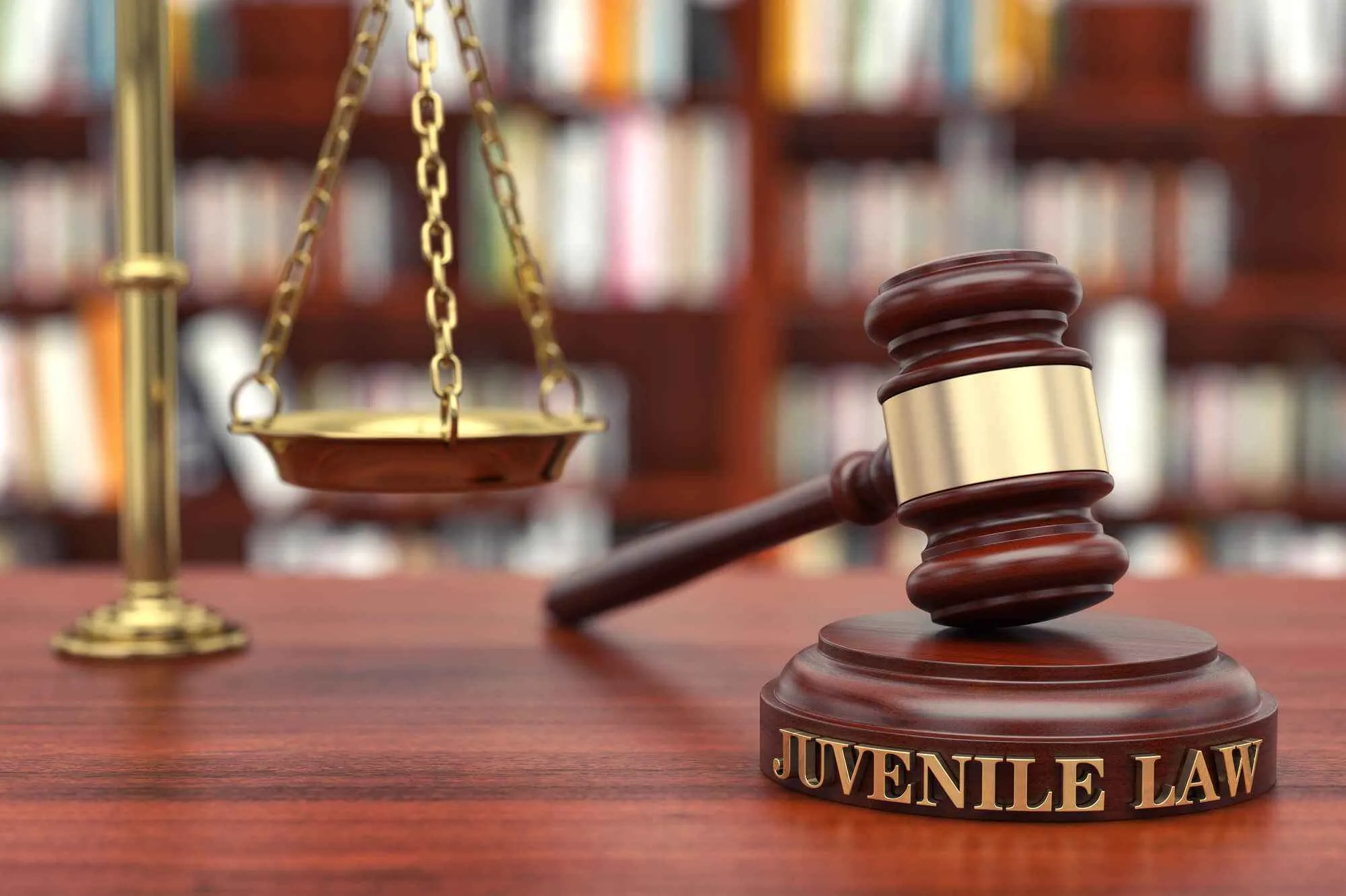Let Wayne Richter Defend Your Child’s Juvenile Crime Case
Palm City juvenile crime attorney R. Wayne Richter understands the severity of juvenile charges and the emotional strain they can cause on the family. Mr. Richter understands that charges are just allegations. People have the constitutional right to defend themselves against these charges. Wayne will work hard and fight to make certain to protect your child’s best interests and to minimize the effects and consequences of any juvenile charges.
The juvenile justice system, statutes relevant to children’s issues, and the budgetary process use unique terminology not associated with the adult criminal justice system. This glossary is designed to provide you with a better understanding of the Juvenile Justice System and is not intended to be a substitute for the legal definition listed in CH 985.03, F.S.
Trusted Legal Guidance When You Need It Most
JUVENILE JUSTICE TERMS
- Adjudicated: The court finds a youth guilty of committing a delinquent act. The court can commit the youth or place the youth on community supervision.
- Adjudication Withheld: The court finds that a youth committed a delinquent act, but withholds adjudication of delinquency. The court places the youth on community supervision.
- Adjudicatory Hearing: The court determines if the facts support the allegation(s) made against a youth. The court must find that a youth is guilty beyond a reasonable doubt.
- Aftercare (Conditional Release or Post-Commitment Probation): A state-operated or contracted program that monitors a youth who has been released from a commitment program.
- Arrest: Youth are not arrested; a law enforcement officer takes the youth into custody based on probable cause and charges the youth with a law violation.
- Cost of Care: Parents or guardians may be billed a nominal charge for the services delivered to their child by the Department.
- Commitment: A youth is placed in a program for delinquent youth defined by Florida Statute. These programs range from low to maximum restrictiveness levels.
- Contempt: The court determines that a youth disobeyed or did not follow the court’s order. The youth can be placed in secure detention for five to fifteen days for each offense.
- Delinquent Act: Any illegal act committed by a youth under the age of 18 who has not been sentenced as an adult for a felony.
- Delinquent Youth: A person who has violated the law before reaching 18 years of age. The juvenile court handles cases until the youth’s 19th birthday, or until the court order is fulfilled.
- Detention Care: The temporary care of a youth pending further action of the court. This may include secure, non-secure, or home detention.
- Detention Center: A facility where youth are securely held pending court hearings, for contempt of court, or while awaiting placement in a commitment program.
- Disposition Hearing: The court determines the sanctions, conditions, and services imposed on a youth who has committed a delinquent act.
- Diversion: A program designed to keep youth from entering the juvenile justice system through the legal process.
- Intake: The screening and assessment of a youth who is alleged to have violated the law or court order.
- Intervention: Programs or services that are intended to prevent youth from going further into the juvenile justice system.
- Positive Achievement Change Tool (PACT): An assessment tool used to determine a youth’s needs, strengths, and risk to re-offend.
- Pre-Disposition Report (PDR): A report to the court on the youth’s offense, family history, community involvement, and recommendations for disposition.
- Prevention: Prevention efforts at the Department of Juvenile Justice include implementing programs, strategies, initiatives, and networks designed to prevent children from making contact with the juvenile justice system. Additionally, the Office of Prevention offers diversion and intervention services in an effort to keep children from penetrating deeper into the system.
- Probation: The status of a delinquent youth placed on community supervision. Youth are supervised by a Juvenile Probation Officer based on the order of the court.
- Referral: When a youth is directed to the Department based on an allegation of a criminal law violation.
- Status Offenses: Things a youth may do that are not illegal for an adult, such as truancy, running away, or underage drinking.
- Taken Into Custody: The physical control of a youth who is detained by a law enforcement officer due to a violation of law or court order.
- Walker Plan: An agreement between the State Attorney, youth, and parent where a case is dismissed after successful completion of the sanctions.

![]()